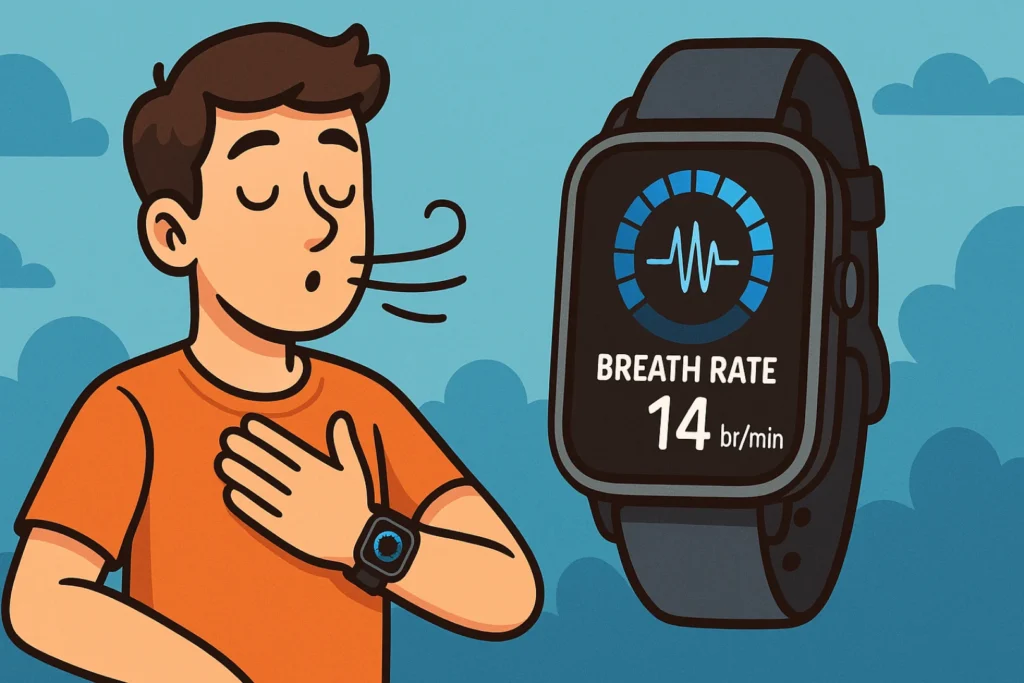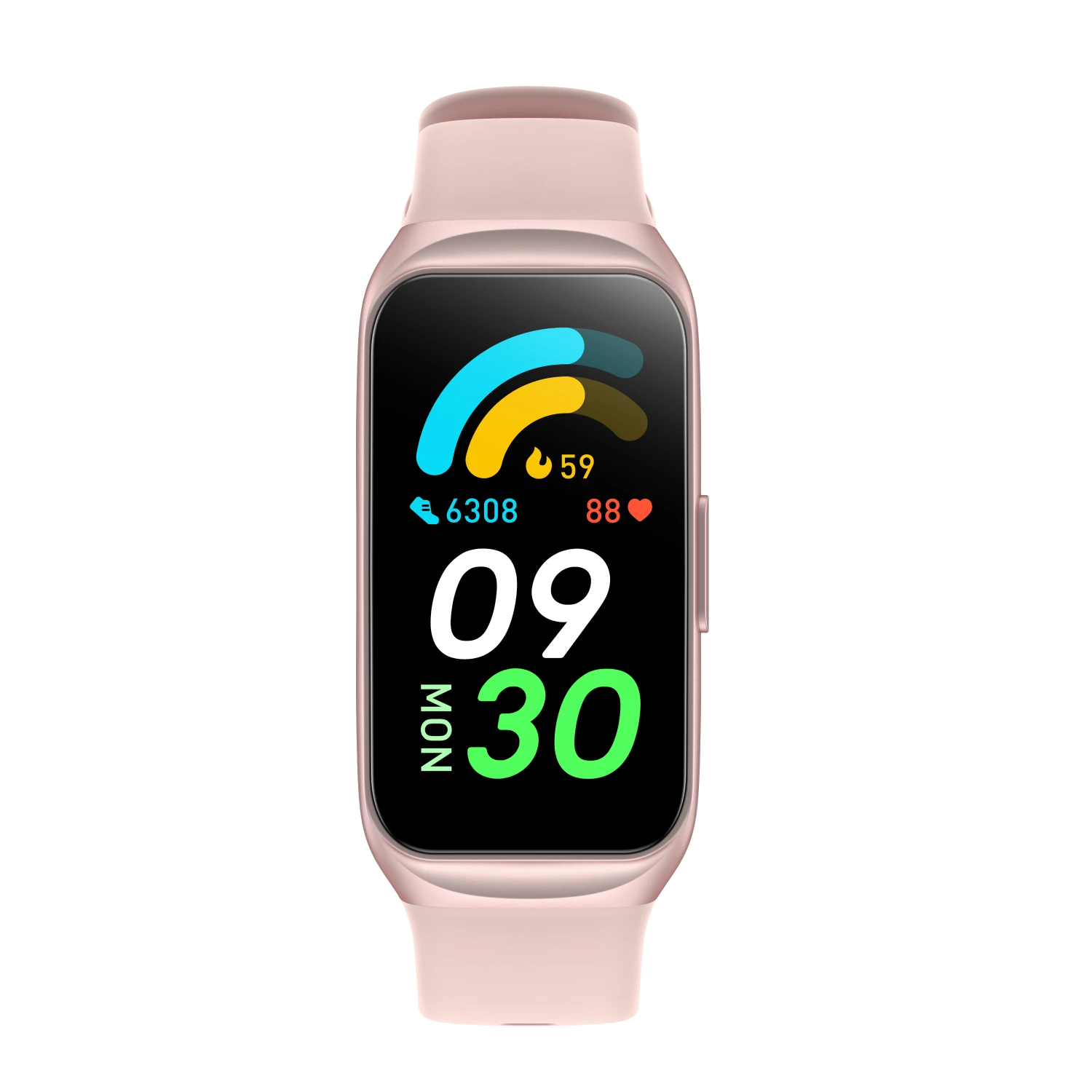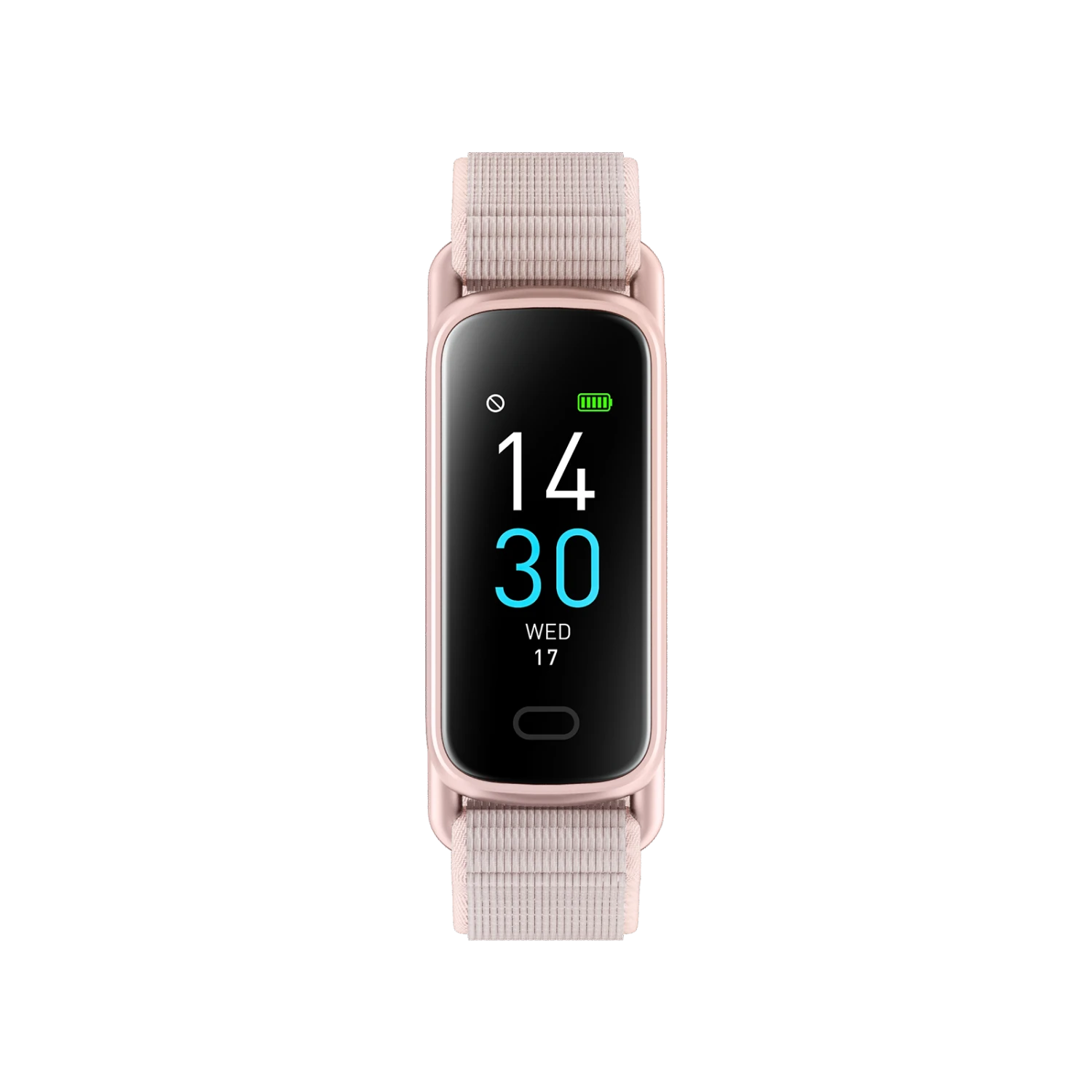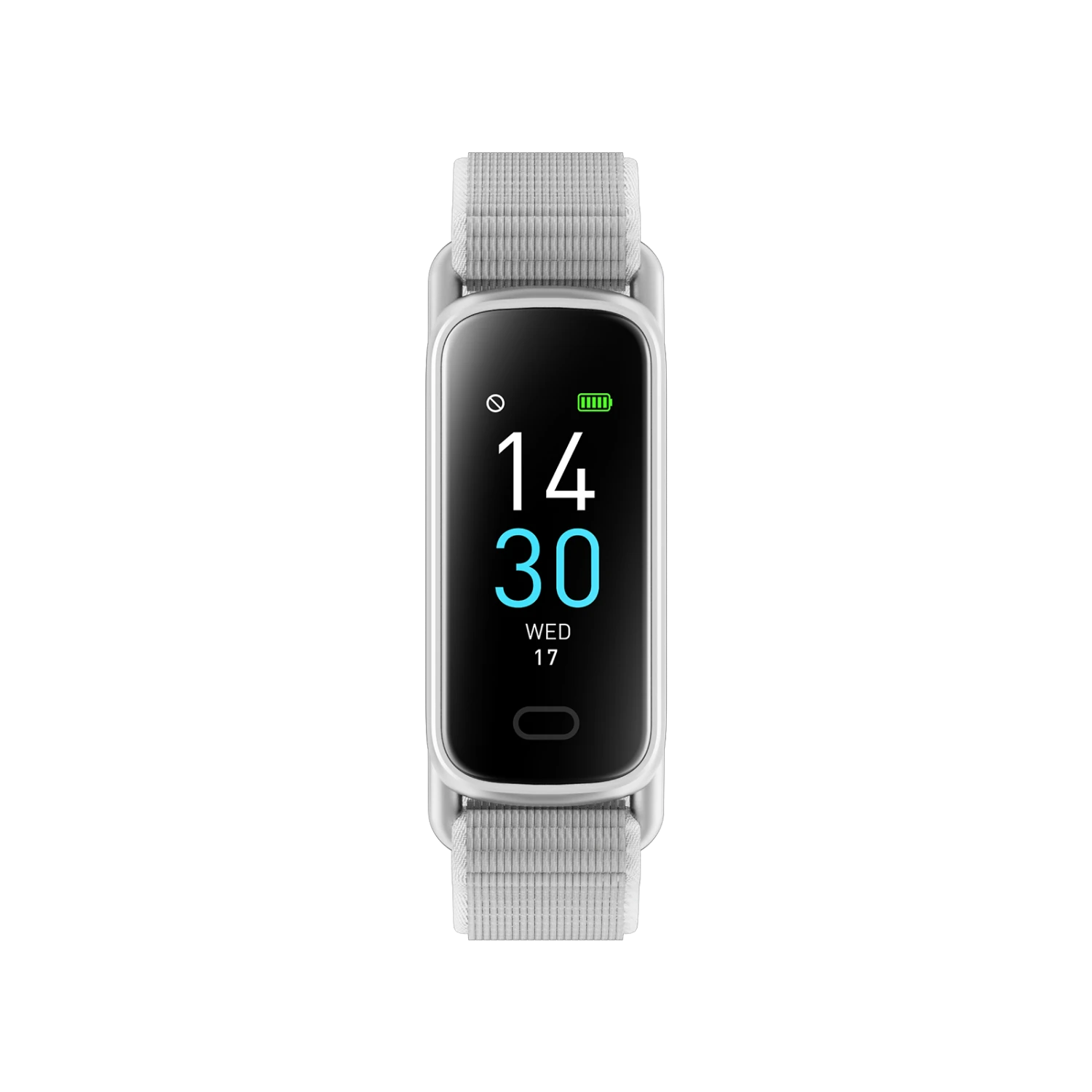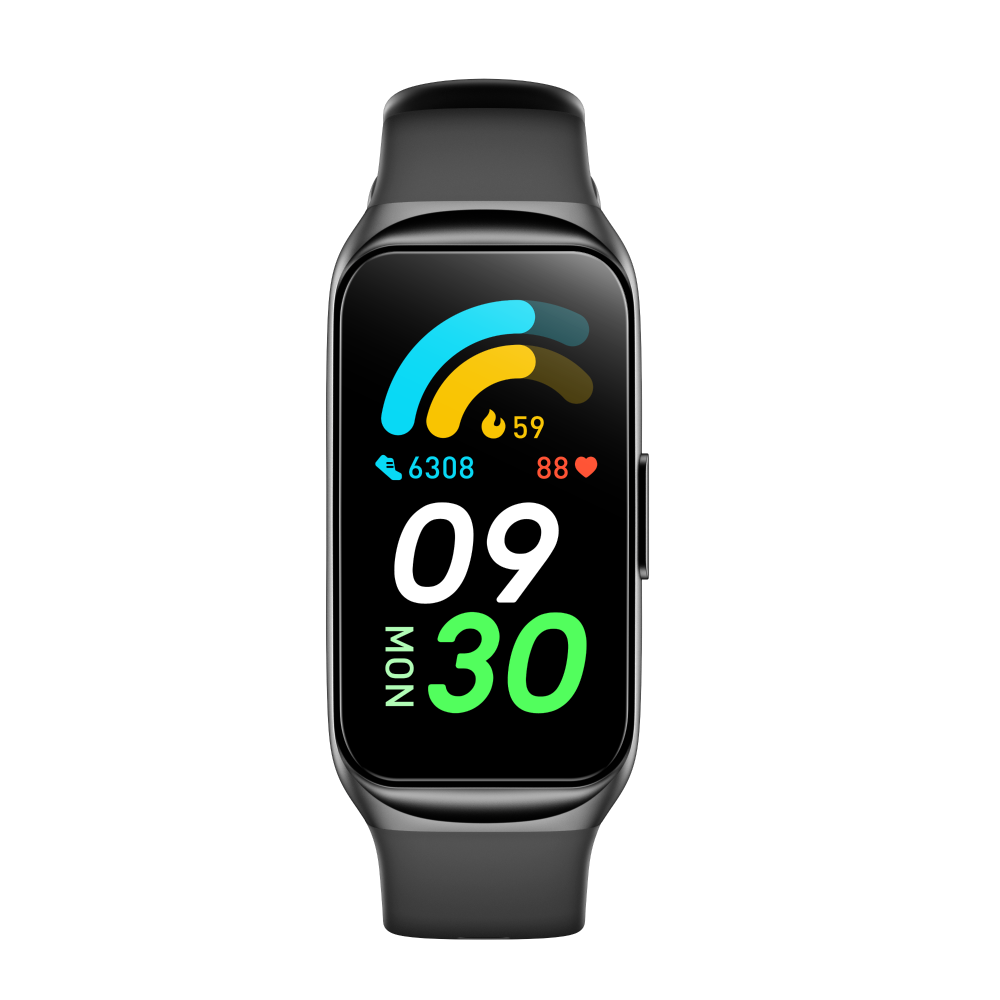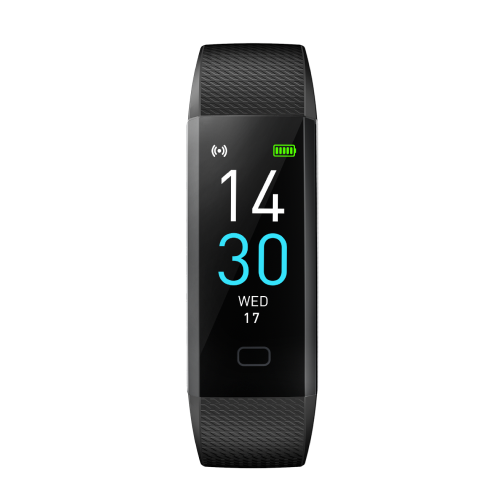The human body is like a high-performance machine, and to keep it running smoothly, you need three essential fuels – food, water, and sleep. While your daily diet supplies essential nutrition and hydration, sleep plays a critical role in the body’s repair, recovery, and memory consolidation processes.
In today’s fast-paced modern world, it’s common for people to sacrifice sleep in pursuit of productivity and success. Longer working hours, constant internet connectivity, and a jam-packed schedule often make us overlook the importance of quality sleep. However, it’s crucial to recognize that poor sleep quality and insufficient sleep can have serious consequences for our well-being, productivity, and long-term success.
Why is Quality Sleep Vital?
Quality sleep is not just a luxury; it’s a necessity. The importance of sleep cannot be overstated, as it plays a key role in maintaining physical health, cognitive function, and emotional well-being. Here are 5 key reasons why you should prioritize getting sufficient, high-quality sleep:
1. Physical Restoration
Sleep is a time for your body to perform necessary repairs and maintenance. It repairs tissue, rebuilds muscle, and strengthens the immune system. During sleep, your immune system produces and releases antibodies and cytokines to fight infections and inflammation, enhancing your ability to resist illnesses and heal faster. Lack of sleep can weaken immunity and slow the recovery processes, so getting enough sleep and quality sleep is important for overall physical health and vitality.
2. Mental Refreshing
Sleep is closely linked to cognitive function, helping to enhance memory consolidation, problem-solving skills, and creativity. While you sleep, your brain solidifies the information and skills you’ve gathered during the day, thereby boosting memory, learning, creativity, and problem-solving. When well-rested, you’ll find it easier to focus, make decisions, be more productive, and perform better at work, school, or any other cognitive task.
3. Emotional Well-Being
Good sleep can have a significant impact on your mood and mental health. It helps manage mood swings, reduces anxiety and depression, and enhances emotional stability. Lack of sleep can lead to irritability and poor judgment, while chronic sleep deprivation raises the risk of depression and anxiety. Quality sleep, on the other hand, elevates mood, optimism, and resilience.
4. Hormonal Balance
Sleep is a key regulator of essential hormones that control appetite, stress, and growth. It maintains the balance necessary for weight control, stress reduction, and growth, which is especially important for children and teenagers. During sleep, the body produces hormones that influence appetite, metabolism, mood, and immune system function. Lack of sleep can disrupt these hormonal balances, leading to weight gain, depression, and other health problems.
5. Health and Longevity
Quality sleep is essential for long-term health, guarding against issues like obesity, heart disease, and diabetes. Adequate and high-quality sleep plays a role in combating vascular inflammation and oxidative stress, helps regulate blood pressure and cholesterol levels, and promotes heart health.
Tips for Getting Good Sleep Quality
In our fast-paced world, getting a restful and quality night’s sleep can seem tough. However, it’s entirely achievable with the right tools and habits. Smartwatches and sleep-tracking devices have become valuable allies in this quest, helping us closely monitor and enhance our sleep cycles. Here are some tips and tricks, including smartwatch-assisted ones, to help you maximize the quality of your rest:
1. Establish a Consistent Sleep Schedule:
Maintain a consistent sleep routine by:
- limiting your sleep to no more than 8 hours;
- adhering to a fixed bedtime and wake-up time daily, including weekends and holidays.
Such regularity tunes your internal clock for better sleep quality. You can use a Runmefit smartwatch to create and maintain your personalized sleep schedule. It not only prompts you to start a sleep routine before bed and wake up at your set times, but also smartly tracks your sleep patterns, providing a tailored sleep analysis report.
2. Create a Relaxing Bedtime Routine:
Develop a calming pre-sleep routine, such as reading a book, taking a warm bath, or practicing stress-reduction techniques like meditation, yoga, deep breathing, or mindfulness to calm your mind and body before sleep. You can set a daily or weekly sleep schedule with the Runmefit smartwatch, which emits a gentle vibrating reminder when it’s time for your bedtime routine. Additionally, you can perform breathing exercises or set up mindfulness routines on your Runmefit smartwatch.
3. Optimize Your Sleep Environment:
Ensure your bedroom is cool, dark, quiet, and comfortable. Invest in a comfortable mattress and pillows. Consider using blackout curtains or white noise machines if needed. You can also use aromatherapy and music to create a relaxing atmosphere.
4. Limit Screen Time:
Limit your screen time before bed. Exposure to blue light from devices like TVs, computers, smartphones, and tablets can suppress the production of melatonin and disrupt your sleep. Try to avoid screens at least one hour before bedtime or use a blue light filter if necessary.
5. Watch Your Diet:
Avoid heavy and spicy meals, caffeine, alcohol, and other stimulants before bed. These substances can interfere with your sleep quality by keeping you awake or disrupting your sleep cycles.
6. Regular Exercise:
Exercise regularly can help you reduce stress, improve your mood, regulate hormones, and eliminate physical fatigue. Avoid strenuous activities before bed as they can stimulate your nervous system and make it harder to fall asleep or stay asleep. Runmefit S5 fitness tracker can record your daily activities and exercise data to help you adjust your plan easily.
7. Limit Naps:
While short naps can be refreshing, long daytime naps can disrupt your sleep at night. Set an alarm using a Runmefit smartwatch or fitness tracker to limit your daytime naps to around 20-30 minutes. Avoid napping late in the day, but if you work at night, you might need to take a nap before work to help make up for the lack of sleep.
8. Seek Professional Help:
If you’ve been struggling with sleep problems, consider consulting a healthcare professional or sleep specialist for expert guidance and solutions.
By following these clear and logical sleep tips and steps, you can create a conducive environment and develop healthy habits that promote quality sleep and overall well-being in your fast-paced life. You can use a Runmefit smartwatch or sleep monitor to help track your sleep patterns and help you set a personalized sleep schedule.






